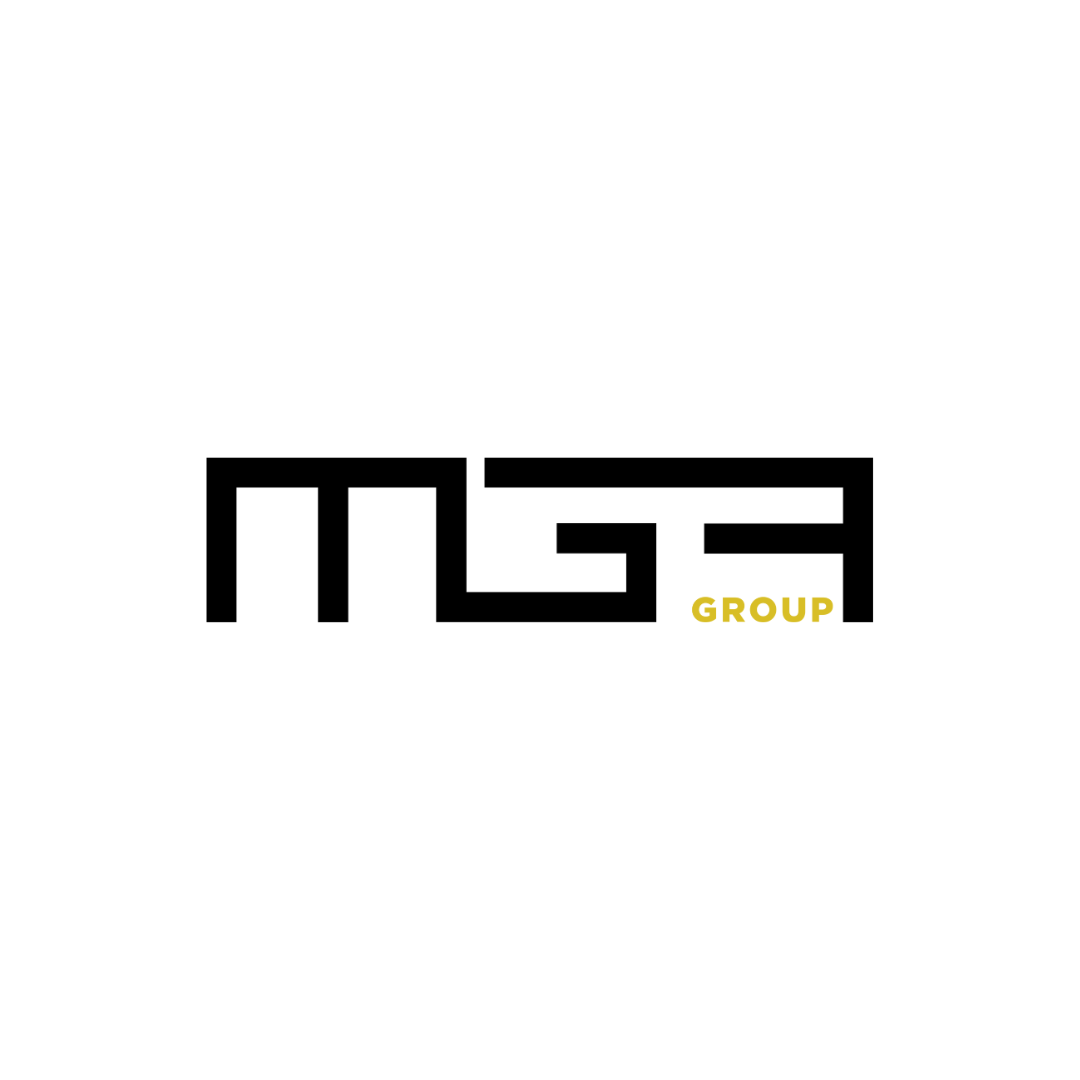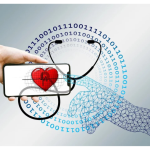Introduction
As Africa strides through 2025, the continent's fintech, edtech, and healthtech sectors are poised for transformative disruptions, driven by AI, policy reforms, and a young, digitally native population. Innovations in artificial intelligence (AI), blockchain, and mobile technology are not only reshaping these industries but also addressing longstanding challenges. This article delves into the anticipated disruptions and their implications for Africa's digital future.
Fintech: Revolutionizing Financial Services
Embedded Finance Gains Traction: Financial services are increasingly integrated into non-financial platforms, enhancing accessibility and user experience. This seamless integration allows consumers to access financial products within everyday applications.
Simplified Cross-Border Payments: Fintech companies are streamlining cross-border transactions, facilitating intra-African trade. Startups like Chipper Cash and MFS Africa are leading this charge, offering faster and more affordable remittance options. The African Continental Free Trade Area (AfCFTA) is driving demand for seamless transactions. Startups like Hurupay leverage stablecoins to cut remittance fees by 80%.
AI-Powered Services: Artificial intelligence is enhancing various fintech operations, including customer service automation, fraud detection, and advanced credit scoring by analyzing unconventional data sources.
E-Wallets & CBDCs: Nigeria’s eNaira and Ghana’s GHS-digital are gaining traction, while banks like KCB integrate multi-currency wallets.
Embedded Insurance: Agri-Fintechs like Twiga Foods now offer micro-insurance for farmers via blockchain, reducing default risks.
Edtech: Transforming Education Delivery
Personalized Learning Experiences: AI-driven platforms are providing tailored educational content, accommodating diverse learning paces and styles, thereby improving student engagement and outcomes.
Mobile Learning Expansion: With the rapid growth of smartphones, mobile-based education is becoming more prevalent, offering flexible learning opportunities, especially in remote areas.
Localized Learning: Platforms like Ubongo now offer courses in Swahili, Hausa, and Zulu, increasing engagement in rural areas.
AI Tutors & VR Classrooms: Startups are deploying AI to personalize learning and VR to simulate labs for science students in under-resourced schools.
Funding Surge: Venture capital for African EdTech is expected to jump from 1% to 10% of global investments by 2045, with 2025 seeing a record $500M+ raised.
Challenges: Mobile data costs and device access remain barriers, but partnerships with telecoms (e.g., Safaricom’s subsidized student data plans) are easing the gap.
Healthtech: Innovating Healthcare Solutions
Telemedicine Adoption: Virtual consultations are becoming more common, bridging the gap between patients and healthcare providers, particularly in underserved regions. Startups like Rology (teleradiology) and MedPack (AI-powered diagnostics) are bridging gaps in rural healthcare.
AI in Diagnostics: Artificial intelligence is being utilized to improve diagnostic accuracy and efficiency, aiding in early disease detection and personalized treatment plans.
Mobile Health Solutions: Mobile platforms are offering health education, appointment scheduling, and medication reminders, empowering individuals to manage their health proactively.
Africa HealthTech Marketplace: Launched by the Africa CDC, this platform vets and scales innovations, giving startups like Vula Mobile a government-backed “seal of approval” to attract investors.
Cost Savings: Digital antenatal tracking could reduce maternal mortality by 25%, while vaccine registries have already boosted immunization rates by 35% (Africa CDC, 2025).
Expert Insights
"The future of finance is digital, and it's borderless." - Brett King, Founder of Moven
"The most important thing in education is to make learning fun and engaging." - Daphne Koller, Co-Founder of Coursera
"Healthcare is not just about medicine, it's about using technology to improve patient outcomes." - Jonathan Bush, Co-Founder of athenahealth
The Role of Accelerators
Initiatives like the HealthTech Hub Africa Accelerator are critical. Their 2025 cohort focuses on AI-driven supply chain tools for pharmacies and drone-delivered vaccines.
Conclusion
The year 2025 marks a pivotal point for Africa's fintech, edtech, and healthtech sectors. The convergence of advanced technologies and innovative solutions is addressing longstanding challenges and unlocking new opportunities. As these disruptions unfold, they hold the promise of fostering inclusive growth and sustainable development across the continent.
Sources: Africa CDC, McKinsey, HealthTech Hub Africa, DigitalDefynd, LinkedIn








